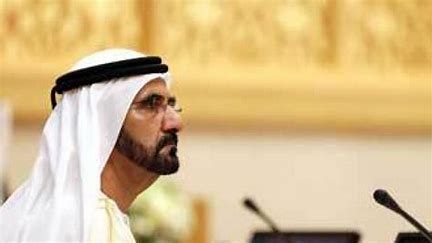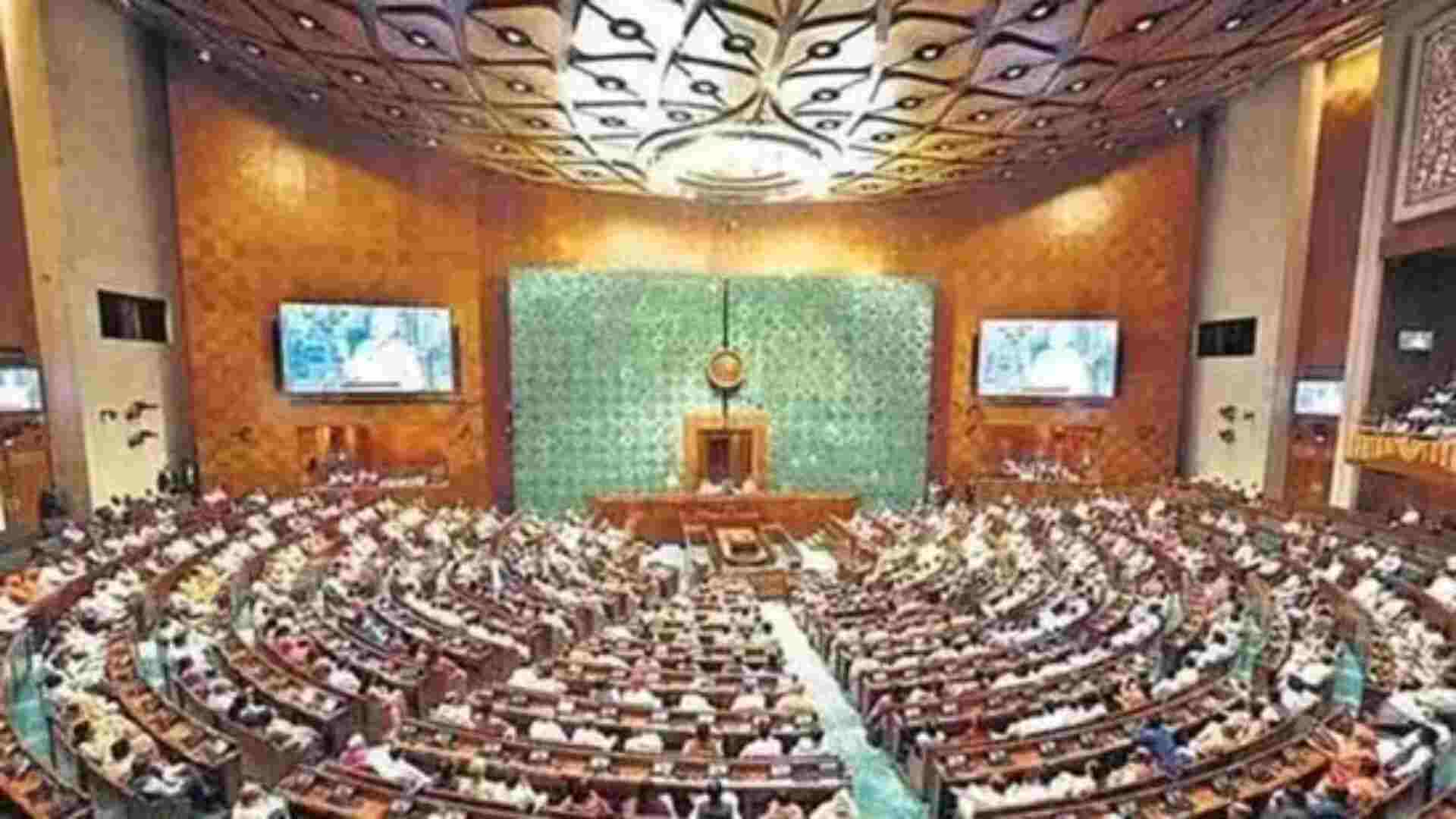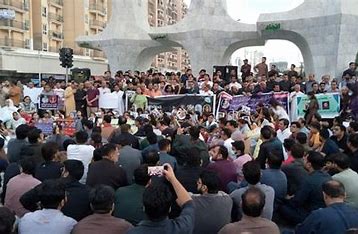
Leader of the Bharat Rashtra Samithi (BRS), K Kavitha, was placed under three days of CBI remand by the Rouse Avenue Court in Delhi on Friday in relation to the excise policy issue. In the case, the CBI had requested five days of her being detained in custody.
After hearing all sides in great detail, Special Judge Kaveri Baweja made the decision to place her under CBI detention until April 15.
While in judicial custody in the ED case, the BRS leader—daughter of former Telangana chief minister K Chandrashekar Rao—was taken into custody by the CBI.
The remand request from the CBI said that “Kavitha Kalvakuntla was required to be arrested in the instant case to conduct her custodial interrogation for confronting her with the evidence and witnesses to unearth the larger conspiracy hatched among the accused/suspect persons regarding the formulation and implementation of the Excise Policy, as well as to establish the money trail of ill-gotten money generated and to establish the role of other accused/suspect persons, including public servants, as well as to unearth the facts which are in her exclusive knowledge.”
When requesting K Kavitha’s custodial remand, the CBI informed the court that one of the Aurbindo Group companies had paid a total of Rs 14 crore through a bank account transaction in July 2021. Of that amount, Rs 7 crore had been paid during the first week of July 2021, and the remaining Rs 7 crore had been paid in mid-November 2021.
Further information reveals that during November and December 2021, Kavitha requested that Sarath Chandra Reddy pay Rs 25 crore, at the rate of Rs 5 crore per zone, as previously decided, for the five retail zones assigned to him. She claimed that she had already paid Rs 100 crore upfront to the Aam Aadmi Party through Vijay Nair, the accused, in order to obtain favorable provisions in the excise policy, and she also pursued this through her associates, Arun R Pillai and Abhishek Boinpally.
However, according to the remand application, Kavitha threatened to ruin Sarath Chandra Reddy’s business in Delhi and Telengana under the Excise Policy when he refused to pay the money that was required.
The accused, Arun R Pillai, a business colleague of Kavitha, allegedly instructed Sarath Chandra Reddy not to pay the unpaid Indospirits for his retail zones on August 31, 2022, when the Delhi Excise Policy was revoked, according to the Central Bureau Investigation.
“Subsequently, the investigation into the Delhi Excise Policy matter started and thereafter, Arun R Pillai did not contact him in this regard,” CBI mentioned.
Senior Advocate Vikram Chaudhari, who was representing Kavitha, opposed the CBI’s request for remand along with Advocates Nitesh Rana, Mohit Rao, and Deepak Nagar. They argued that the arrest was made without the court’s consent or endorsement and that this means it will never pass legal muster.
“K Kavitha was lying in custody in the PMLA case. This Court is exercising distinct jurisdiction in the capacity of Special Judge (PMLA) vis-a-vis Special Judge (CBI). Both jurisdictions cannot overlap and the CBI cannot use them to violate the procedures established by law,” the attorney submitted.
Additionally, the defence team said that K Kavitha, the applicant, is a well-known and widely respected leader of a national political party, and she is now serving as a Telangana MLC.
“The Lok Sabha Polls in the State of Telangana are scheduled to commence shortly and the entire exercise of arrest, especially the mode, manner and timing thereof, gives rise to the legitimate bona fide belief that the same is obliquely motivated at the behest of certain vested interests solely aimed at denying the level playing field in the realm of elections to a formidable opposition party. Rather, a more worrisome feature is that the investigations are neither free nor fair, impartial or unbiased, thereby rendering the rule of law a casualty,” they submitted.
On March 15 of this year, ED detained Kavitha in connection with the purported liquor policy scam.
According to officials, the report submitted by the Delhi Chief Secretary in July indicated prima facie violations of the GNCTD Act 1991, the Transaction of Business Rules (ToBR) 1993, the Delhi Excise Act 2009, and the Delhi Excise Rules 2010. These findings led to the recommendation for a CBI investigation.
The CBI and the ED had claimed that improper actions were taken when changing the excise policy, that license holders received undue favors, that the license fee was lowered or waived, and that the L-1 license was prolonged without the consent of the appropriate authority.
The investigating agencies claimed that in order to avoid being discovered, the recipients made fraudulent entries in their books of account and transferred “illegal” income to the accused officials.
Allegations state that the Excise Department chose to violate the regulations by returning the roughly Rs 30 crore earnest money deposit to the victorious tenderer. The investigation agency claimed that despite the lack of an enabling law, a waiver on tendering licence payments was granted from December 28, 2021, to January 27, 2022, because of COVID-19, and that the exchequer allegedly lost Rs 144.36 crore as a result.















